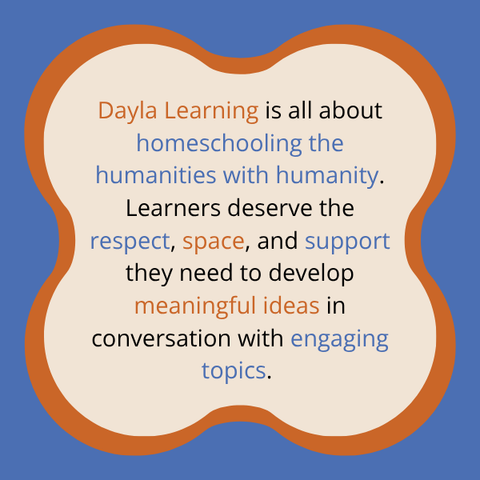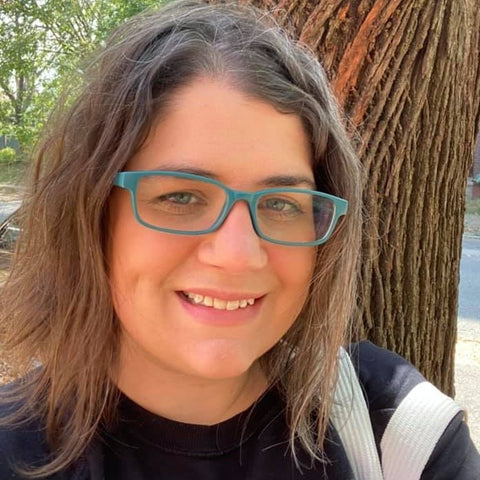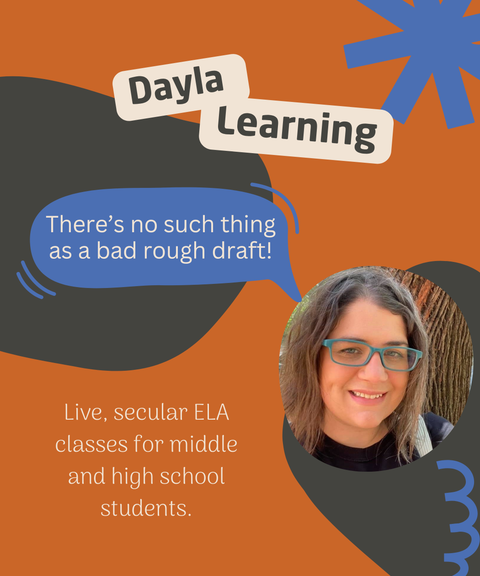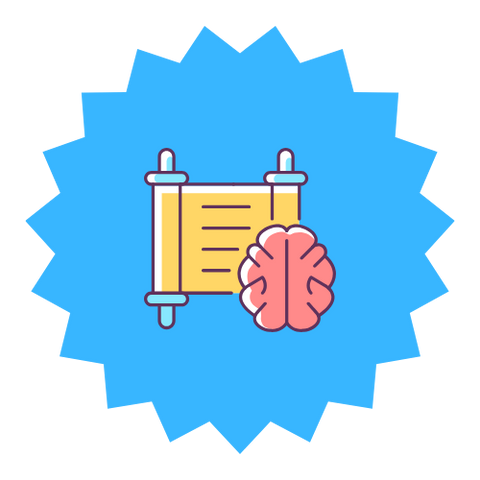
Our mission

Our story
FAQ: Additional Details about Dayla Learning Live Classes
A day in the life with Dayla Learning Live Classes
How it works
How to integrate into homeschooling
Parent/Caregiver Involvement
Cognitive Diversity
How does the learning resource adapt to students with diverse intellectual needs
Gifted and 2e Learners
ADHD
Autism Specturm
Suitability for children on the Autism Spectrum
Class size
Question subtitle
Most classes are capped at 10.
Community Guidelines
What are expectations of kids and families?
Refund policy
Not a Fit
What kids may struggle or not enjoy this learning resource.
Suggested Alternatives
What might be a better fit for kids who aren't a good fit for Dayla Learning Live Classes
Coming Soon, Recent Updates and Additions
Pro-tip
How to get the most out of Dayla Learning Live Classes
Contact form

Meet Dr. Michelle Parrinello-Cason







